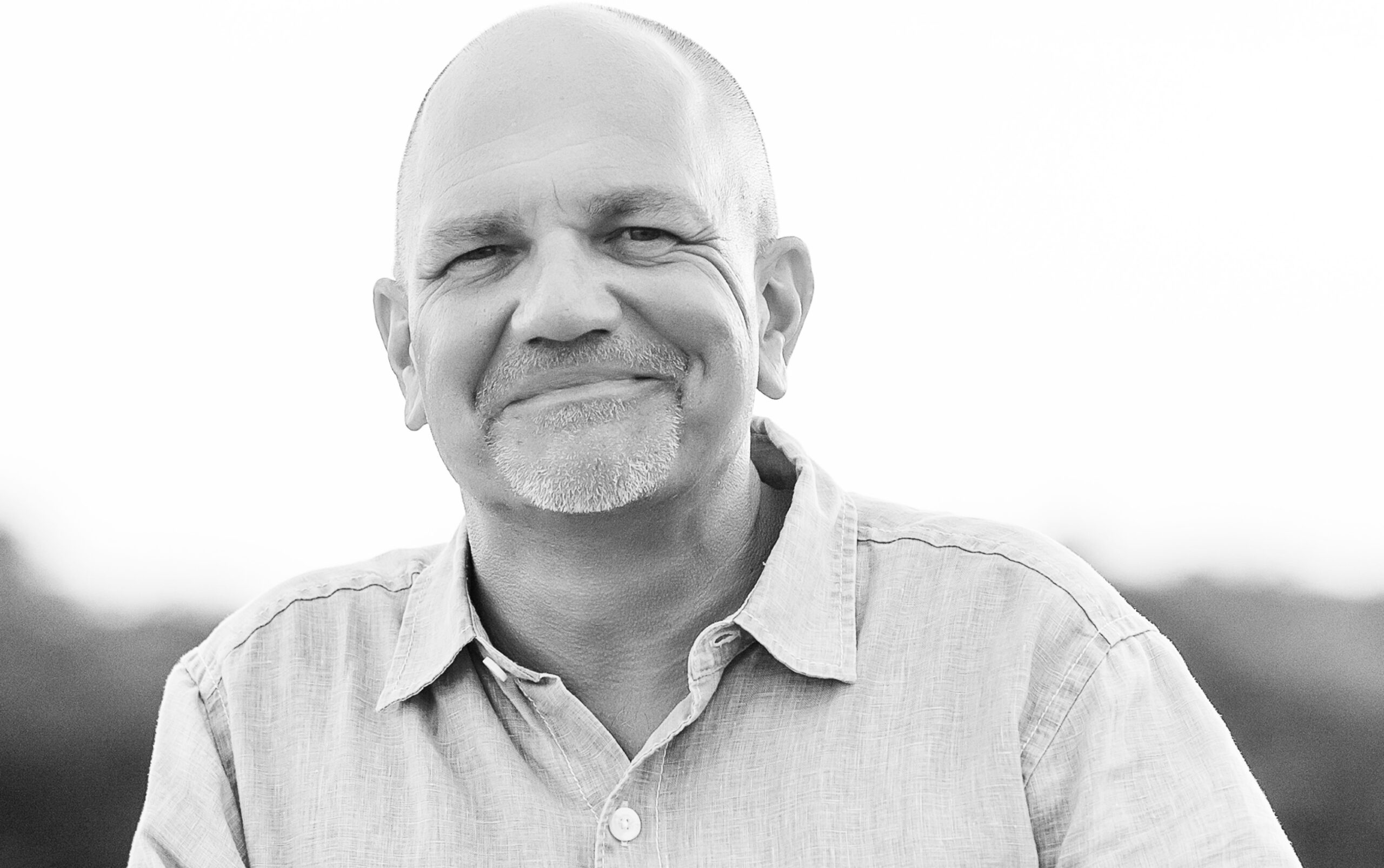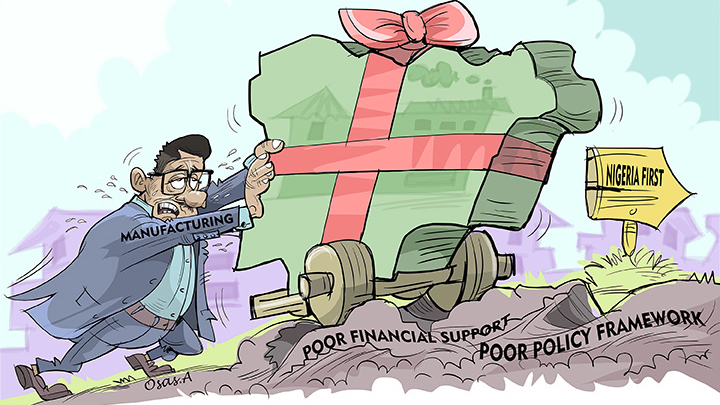
The Senior Vice President (SVP) of HP for Product Design and Sustainability, Stacy Wolff has emphasised that product design must continuously evolve to meet both current and future consumer expectations.
Wolff noted that meeting consumers’ evolving needs requires anticipating trends in performance, usability, and sustainability, especially as technology, environmental concerns, and global events reshape priorities.
Wolff highlights how consumers’ increasing awareness of environmental issues is reshaping design strategies.
According to him, the demand for sustainable products is a key factor influencing design decisions today
He referenced the rising concerns over plastic production, which could reach about 1.1 billion metric tonnes yearly by 2050 if unchecked, noting that HP is taking proactive steps towards circularity.
“To counter this, HP is committed to circular design, where sustainability is embedded at every stage of a product’s lifecycle, from material sourcing to recyclability,” he stated.
Wolff asserted that good design must also be circular design, pointing out that around 80 per cent of a product’s environmental impact is determined during its design phase.
He stated that for over 30 years, HP has integrated sustainability directly into its design processes.
This approach, Wolff explains, involves using more recycled materials, designing for easy repair and recycling, and extending product lifespans.
He said notably, HP’s 2023 Dragonfly notebook now includes recycled aluminium, magnesium, post-consumer recycled plastic, and ocean-bound plastic, which is evidence of the company’s commitment to sustainable materials.
“The company employs a four-part approach: increasing the use of recycled materials, finding innovative sustainable alternatives, designing products for easy repair and recycling, and extending product lifespans. HP’s Dragonfly notebook, for example, went from using 7 grams of recycled plastic to incorporating significant amounts of recycled materials like aluminium, magnesium, and ocean-bound plastics by 2023,” He stated.
Wolff emphasised HP’s commitment to sustainability beyond the products, adding that packaging and shipping are also designed to reduce environmental impact.
Wolff highlights the redesign of the HP All-in-One series, which reduced box sizes by 62 per cent and cut the shipping carbon footprint by 60%.
Additionally, Wolff disclosed that HP has eliminated single-use plastics in packaging for premium PCs, such as the OMEN Transcend 14 laptop, adding that sustainability is now at the core of HP’s design philosophy.
He said as digital innovation accelerates, HP continues to blend sustainability with cutting-edge design.
Wolff said HP design sustainability into every product across its entire lifecycle, reflecting on how HP’s innovative use of materials, such as repurposed coffee grounds in the Envy Move, balances beauty with environmental responsibility.
Wolff also reinforced the company’s goal to meet consumer needs while safeguarding the planet for future generations.
He expressed confidence that as HP pushes forward, it will continue to meet both consumer and planetary needs through forward-thinking, sustainable design.






